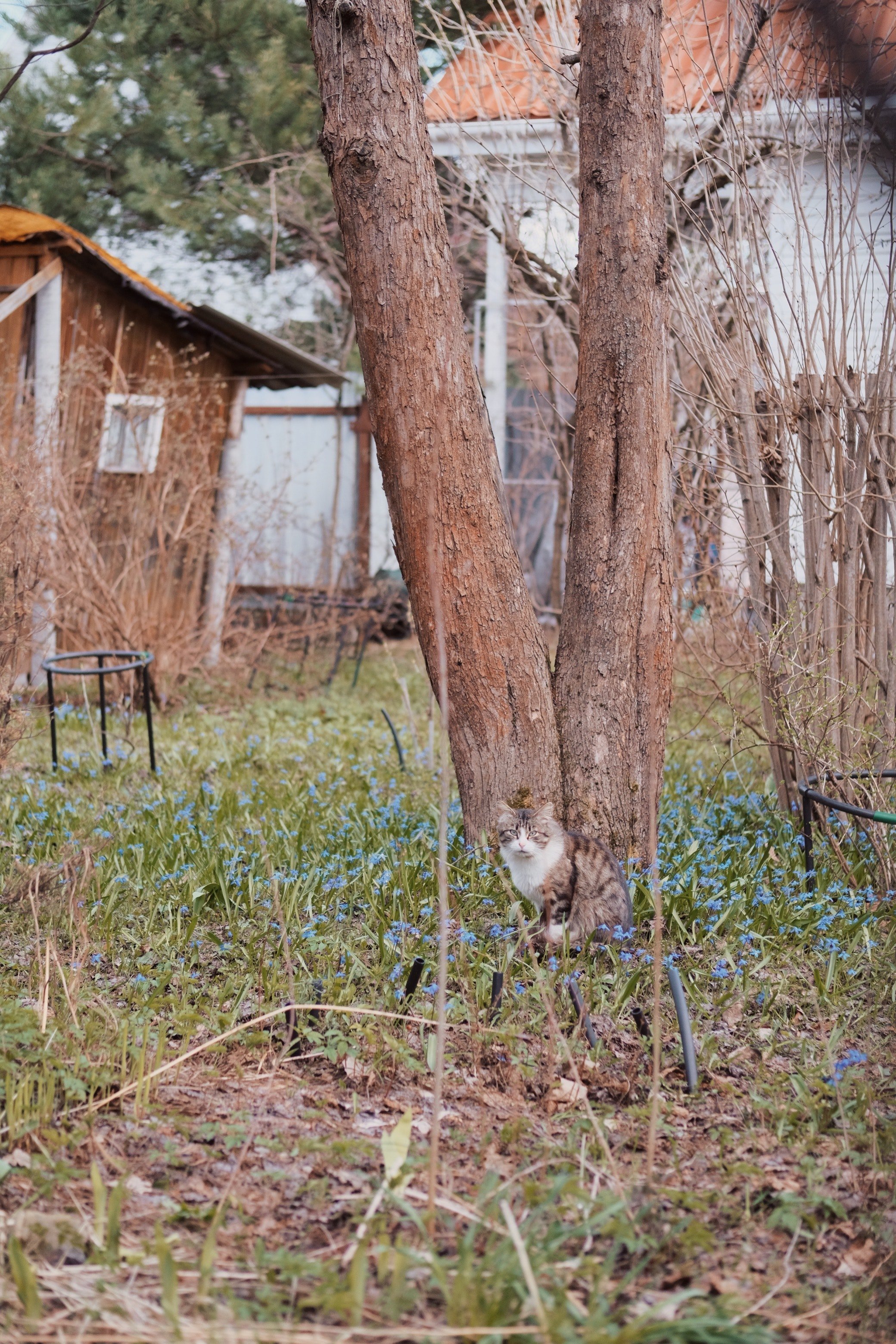Garden of Benign Neglect
On a past Sunday, our reverend used this expression, “garden of benign neglect” to describe her garden and gardening styles. Due to the combination of her lack of gardening experience and a medical hiatus from her experienced gardener husband, her relatively newly planted garden has not been growing this year. The neglect wasn’t intentional, it was just the way things panned out.
I’ve been thinking about that phrase: benign neglect. According to the dictionary.com, benign neglect means “an attitude or policy of ignoring an often delicate or undesirable situation that one is held to be responsible for dealing with”. In some ways it is easier for me to take the words separately- neglect: fail to care for properly (verb) or the state or fact of being uncared for (noun); benign- gentle and kindly, not harmful in effect.
What in my life have I benignly neglected? Not intentionally mind you, but because of the nature of various situations in life. The well-meaning plans to have people over for dinner? The thought of helping others in their time of need? The exercise regime for good health? The specific “this is what I mean” communication among family members? All ideas that are mulled over in my brain yet somehow do not make it into actionable plans.
All situations that, in my head, might seem that I intend to do, yet I realize that I haven’t. Is it, like the definition, that I am ignoring an undesirable situation? Maybe. Some of the outcomes I enjoy (having people over), while others might be considered undesirable- exercising at 5:45 am.
Or is my neglect due to a lack of inertia? And perhaps the inertia is needed. Maybe I am self-consciously deciding to not act.
What to do about it? In the case of the garden- sometimes benign neglect is beneficial. There are years where the garden does well to be fallow. To be ignored but not in a harmful way. Fallow years allows the nutrients and soil to return to a healthy balance.
There is a whole psychological movement about laying fallow for our emotional well-being. Bertrand Russell called it fruitful monotony. Adam Philips called it fertile solitude. Walt Whitman called it loafing.
In the video For the Life of the World: Letters to the Exiles one of the “chapters” is about having wonder https://www.letterstotheexiles.com/taxonomy/term/47: To take a day and loaf, to explore, and to be a child again- looking at the world in wonder. We are such transactional people and have this inbred desire to be doing things that are “useful”. But what this video tries to explain is that we are doing something when we take time to wonder, we are pondering: we are enjoying the creation of the Creator. Once again the paradox of God: when we take time to be fallow, or to honor the Sabbath, or take time to wonder, then we are able to invigorate our other times, becoming more “useful” and productive.
When that video was shown to different groups, this chapter on wonder was the one that struck a chord with people. Probably because we are an obsessive culture on productivity and “doing” something all the time. Or maybe that is just me- difficult for me to just “hack around” as my husband and his friends used to do when they were kids. Ironically, I need to intentionally plan to not plan. How sad is that? But I also recognize that it is like so many things- the more you do it, the easier it becomes.
What about you? When was the last time that you took a day for wonder? A season of benign neglect, that you laid fallow plans and expectations?
This month of August is a good time to practice wonder. To give ourselves permission to loaf, hack around and see the world with eyes of wonder. To benignly neglect our agendas and to-do-lists and to once again see the world of wonder. I am game to try. What about you?
“We need to rediscover the beautiful. Perhaps the greatest thing we can do is to behold. Behold our God. Behold his creation.” ~Makoto Fujumur, For the Life of the World.

